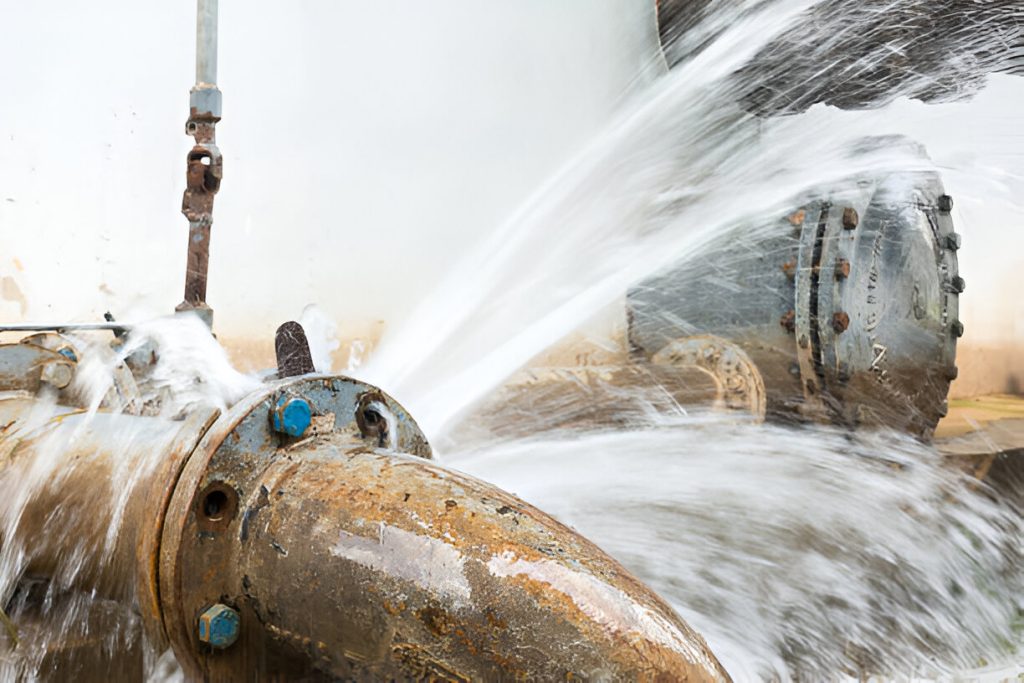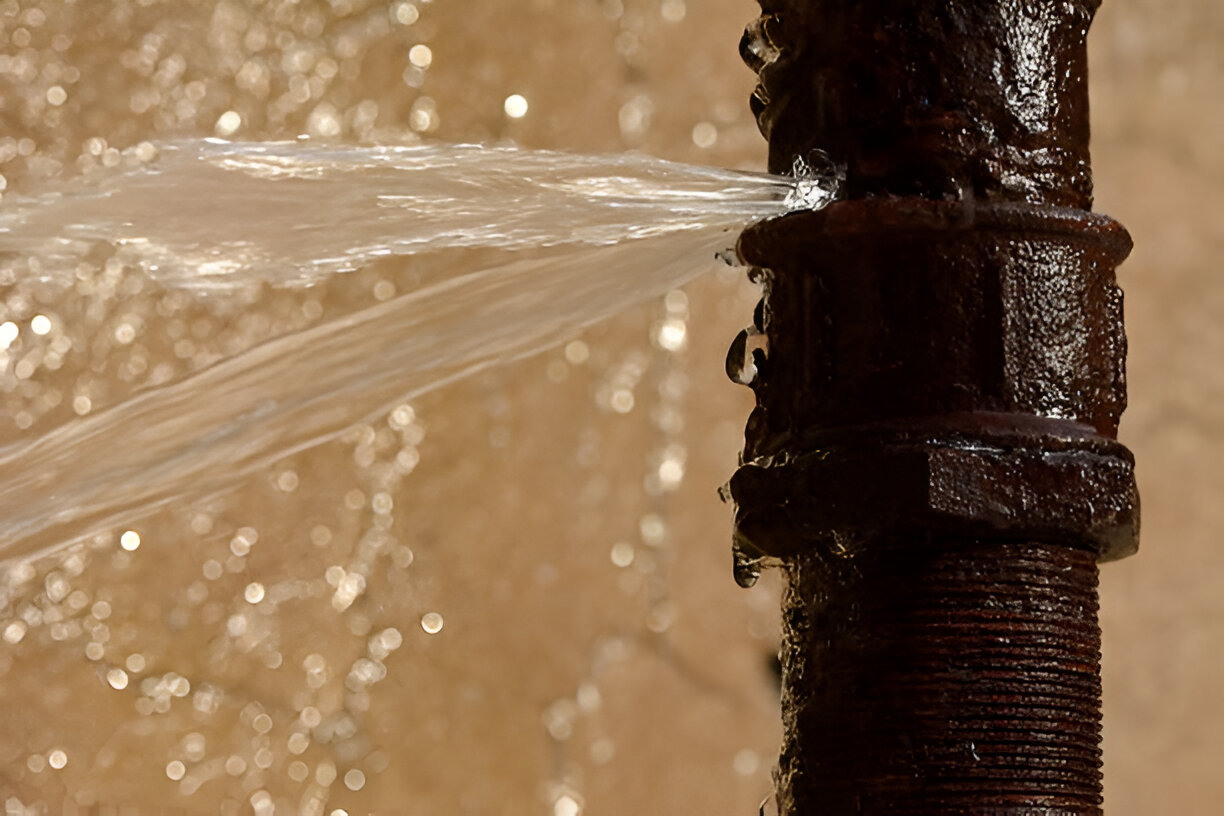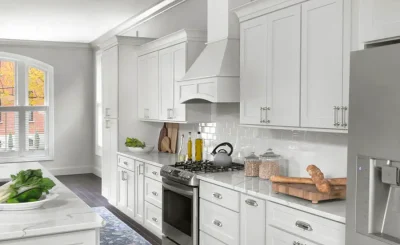There is nothing that can spoil your morning routine more than incoming brown, rusty water when you turn on your tap. When you may be asking yourself the question: What may be the cause of rusty water in the tap, then you are not the only one. This is quite common among many homeowners, mostly in older homes.
Scheduling a local plumbing inspection with experts like Oasis Plumbing can help identify the root cause—their team specializes in diagnosing and fixing water quality issues efficiently.
Common Causes of Rusty Water
If you are wondering what causes rusty water from your tap, then several factors are present that can turn your clear water into a murky mess:
- Aging pipes – Old pipes made of iron or galvanized steel have the problem of corroding with the passing of time, they release particles of rust in your water supply.
- Water heater issues – Sediment buildup in the tank may cause the hot water to turn brown.
- Municipal supply disturbances – The process of constructing or a repair of a pipe can disturb the sediment on the pipes of a city.
- Well water problems – High iron content in groundwater naturally discolors water.
How to Identify the Source
Figure out the origin of the issue before repairing the problem.
- Check multiple faucets – In case the rusty water is hot, then your water heater is probably the reason.
- Ask neighbors – Broad discoloration is an indication that the problem is with the municipality and not the plumbing.
- Inspect exposed pipes – Look for discoloration or corrosion as well as leaks in older metal pipes.
Quick Fixes for Temporary Relief
In case of a seemingly minor problem, use these short-term solutions:
- Flush your pipes – The cold water needs to be run 10-15 minutes to wash out any sediment.
- Drain your water heater – The hot water clarity can be improved by the removal of accumulated sludge.
- Install a water filter – A sediment filter can also catch rust particles, and they will not reach your faucet.

Long-Term Solutions for Lasting Results
In general, for any severe rust problems, more lasting solutions may be required.
- Re-piping your home – Replace old iron pipes with corrosion-resistant materials such as PEX or copper.
- Upgrading your water heater – Using a new tank and regular maintenance prevents any sediment.
- Installing a whole-house filtration system – Suitable for homes that have well water or a high amount of iron content
When to Call a Professional
Although DIY repairs can be useful, there are a few issues that have to be addressed by qualified professionals.
- If rusty water persists despite flushing and filtering.
- When pipes show severe corrosion or leaks.
- If you suspect you have contaminated well water.
With the help of Oasis Plumbing, one can be assured of a proper inspection that will reveal the actual cause and the ideal remedy to the problem.
Final Thoughts
Discolored waters are never welcome, but rusty water can also indicate big trouble in your plumbing. Locating the cause in time will allow for avoiding expensive damage. Be it a simple flush or a complete re-piping, an action taken makes sure of a clear and safe water supply at your residence.








